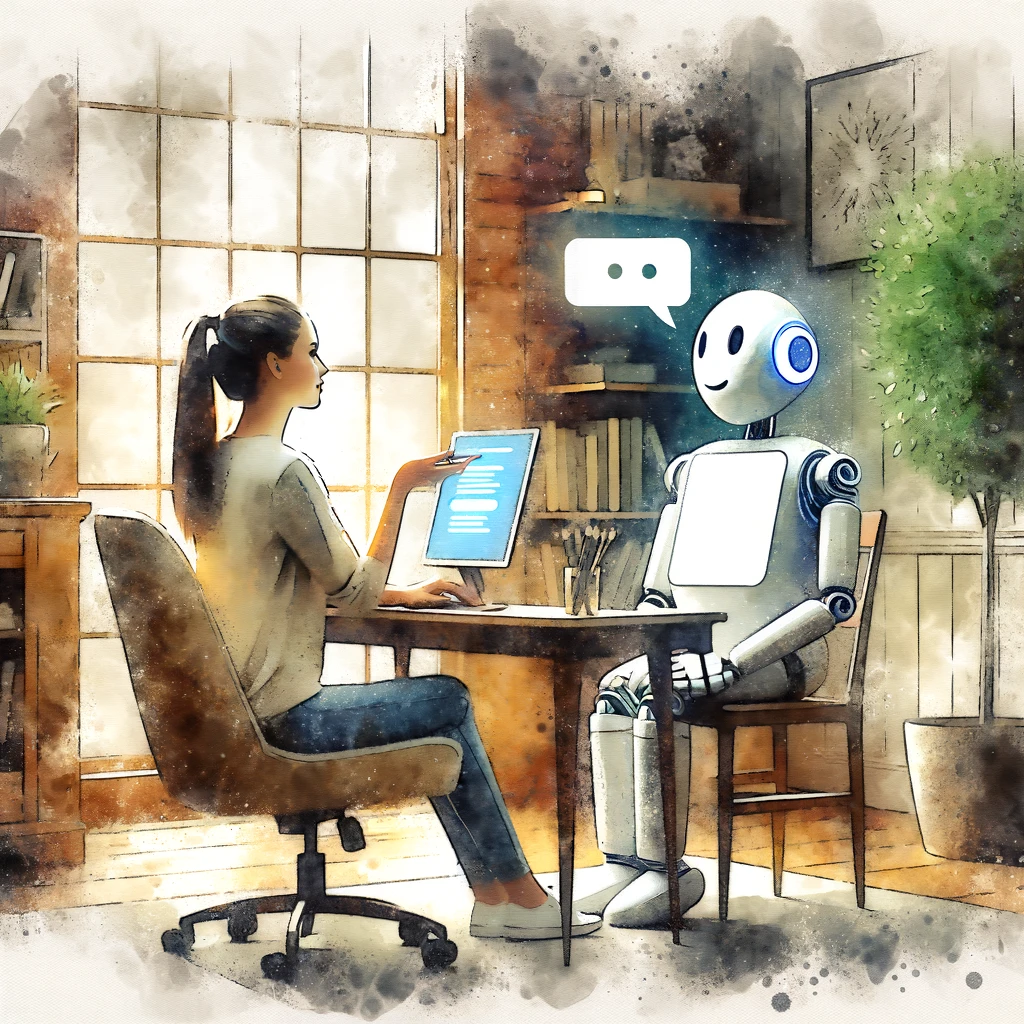A recent legal case did not end in favour to Air Canada when the airline tried to avoid taking responsibility for a refund åpolicy statement from their Chatbot. This underlines a crucial question in the era of digital transformation: When AI speaks, who’s responsible?
The incident began when Air Canada’s chatbot, designed to streamline customer service, offered a policy that the airline later disputed. Air Canada argued against responsibility for their chatbot’s actions by asserting that the chatbot could be considered a separate legal entity, thus not directly under their control or liability for the information it provided. That is quite an interesting statement, how would a customer know if it is a human or a bot on the other end of the conversation? It is obvious why enterprises use chatbots, but why have a service that isn’t trustworthy for the consumer?
Luckily, the judge in the Air Canada case rejected the airline’s argument that the chatbot could be considered a separate legal entity responsible for its actions. One can wonder how Air Canada defines their legal entities and, from their view, which ones are trustworthy.
It is no surprise that the ruling has ignited a debate within the technology and legal sectors, prompting discussions on AI’s role in daily operations and the ethical implications of its use. Forum commentators and experts alike have weighed in, highlighting the broader implications for corporate responsibility, AI governance, and the future of customer service.
This is another wake-up call for businesses trying to leveraging AI to reconsider how they deploy these technologies, ensuring transparency, accountability, and a clear understanding of legal liabilities. The potential to streamline operations exists, but the complex legal challenges cannot be underestimated.
For companies, the message is clear: as you evaluate the benefits and pitfalls of AI integration, a deep understanding of both the technology and its legal implications is essential. The Air Canada case may well be a harbinger of the nuanced relationship between AI, corporate responsibility, and the legal frameworks that seek to govern this dynamic space.
